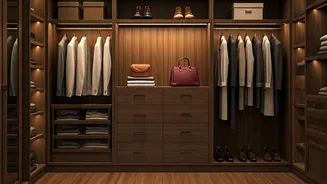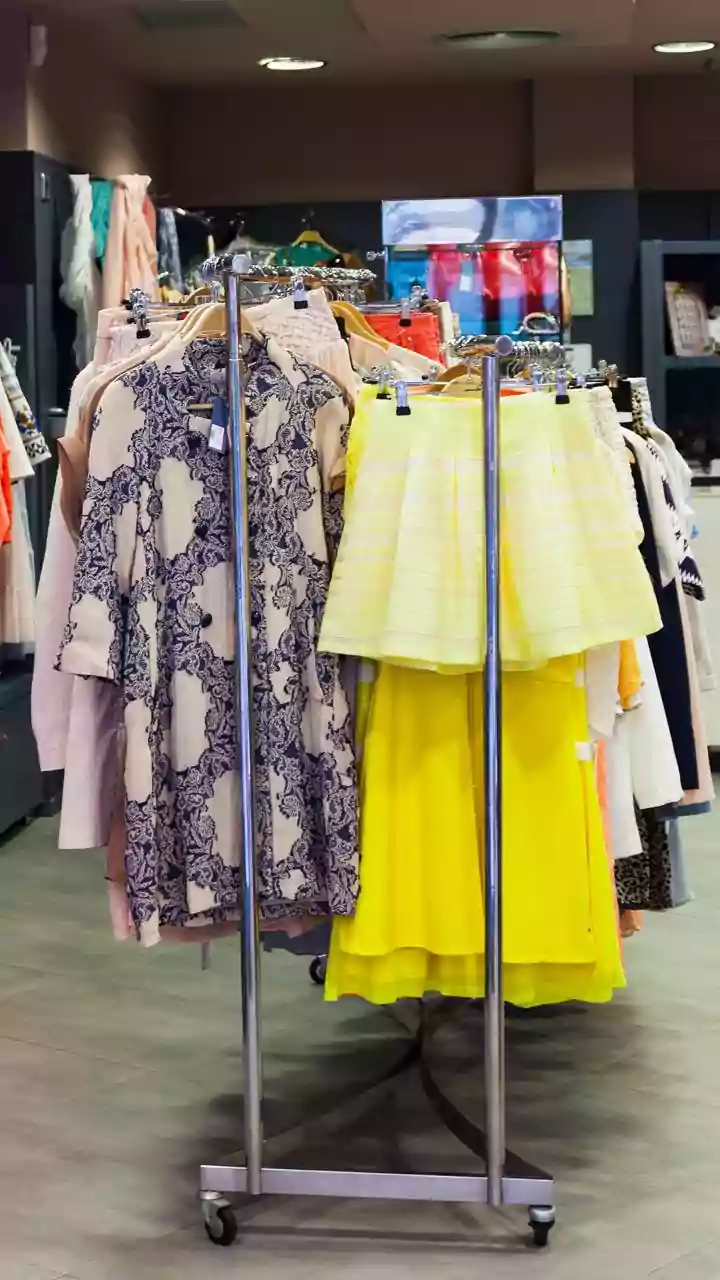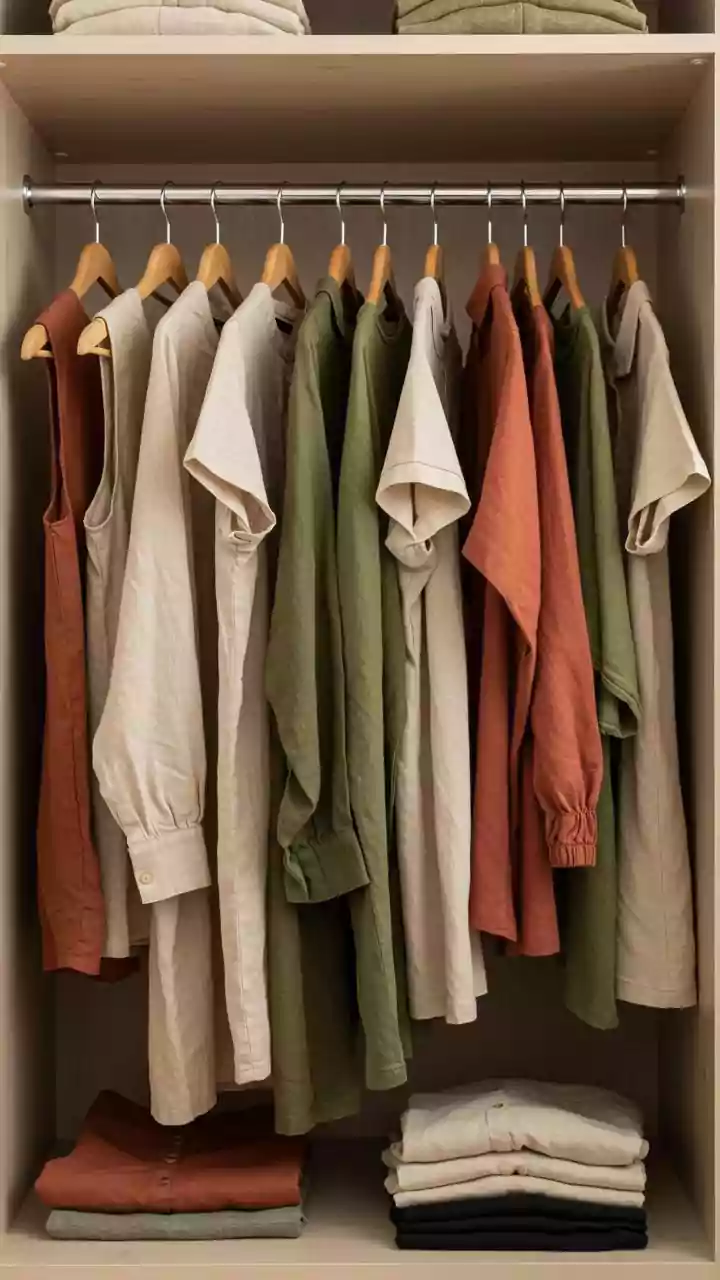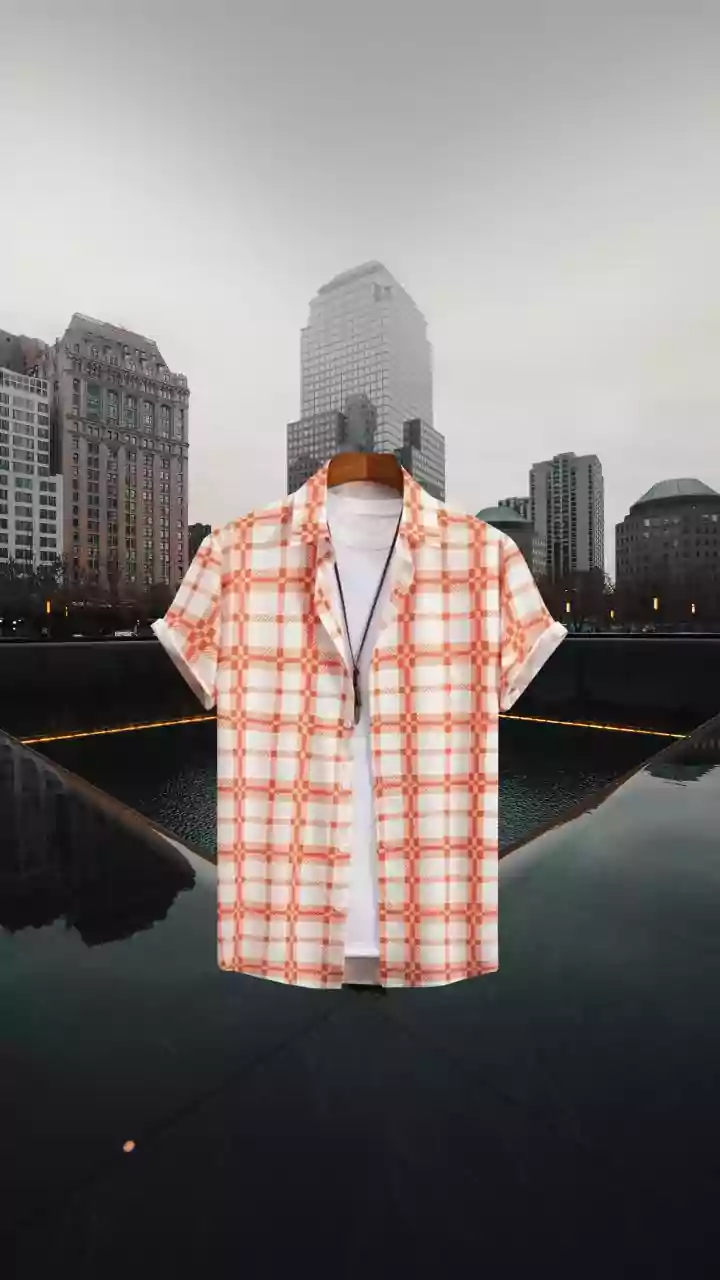Formal Wear Shift
The shift away from formality in fashion mirrors broader societal changes, particularly in how younger generations approach traditional norms. The old
rules of what constituted appropriate attire, once rigidly defined by age and occasion, are now being questioned and redefined. This change is not merely a superficial trend; it reflects a deep-seated desire for authenticity, self-expression, and a rejection of outdated expectations. This is evident in everyday choices, like opting for relaxed fits and casual fabrics over restrictive suits or dresses.
Comfort's Rise in Fashion
The embrace of comfort has become a central theme in modern fashion. This trend is driven by several factors. The rise of athleisure wear, with its focus on functionality and ease, is just one example. Social media and the internet have also played a role. These platforms enable individuals to showcase their personal style and experiment with different aesthetics, often prioritizing comfort and individual expression. This comfort revolution extends beyond casual wear. It's impacting how people dress for work, special events, and even formal occasions, with looser silhouettes, softer fabrics, and a more relaxed approach to dressing becoming increasingly prevalent.
Generational Impact
Younger generations are at the forefront of this shift, actively shaping fashion trends with their preferences. They are challenging conventional notions of what is considered stylish, comfortable, and appropriate. This often involves embracing a more inclusive view of fashion, celebrating diversity in body types, and pushing back against unrealistic beauty standards. They are also leading the way in ethical fashion practices, focusing on sustainability and fair labor. This generational influence is significantly altering the fashion industry's trajectory, making it more dynamic, adaptable, and representative of diverse lifestyles.
Fashion's New Etiquette
This 'comfort revolution' impacts not only what we wear, but also how we interact socially. The emphasis on individuality and self-expression is changing the way we perceive and react to others' clothing choices. Formality is losing its rigid hold. There is a move away from adhering strictly to traditional dress codes and toward creating personal style expressions. This transition reflects a wider cultural shift towards openness, acceptance, and a desire to dismantle outdated conventions, fostering a more relaxed and welcoming environment for self-expression. Fashion now is less about following strict guidelines and more about embracing personal style.
Future Fashion Trends
The trajectory of fashion continues to lean into greater comfort and personalization. Expect to see continued innovation in fabrics and designs that prioritize wearability and ease. Technological advancements may further enhance the integration of comfort into clothing, with smart fabrics and adaptable designs becoming more commonplace. There will be an increased emphasis on sustainability and ethical sourcing, reflecting consumers' growing awareness of the environmental and social impacts of their choices. The future of fashion is likely to be characterized by adaptability, individuality, and a profound commitment to personal well-being.



















